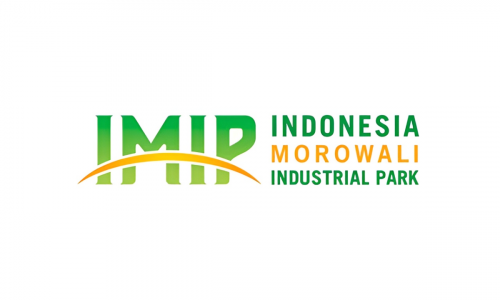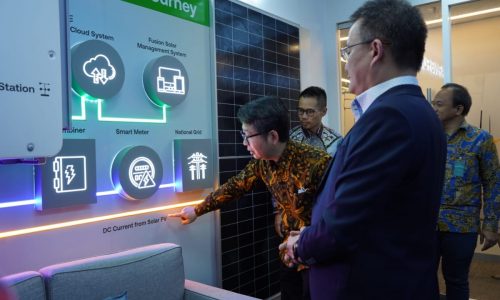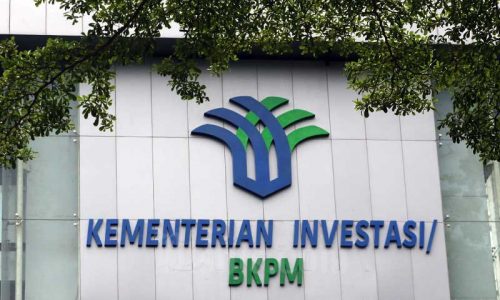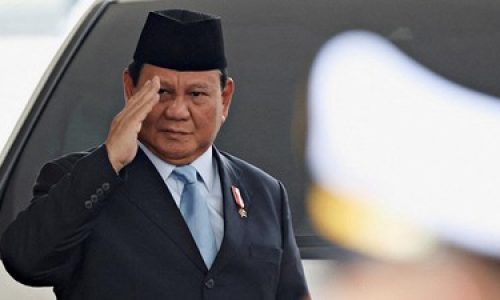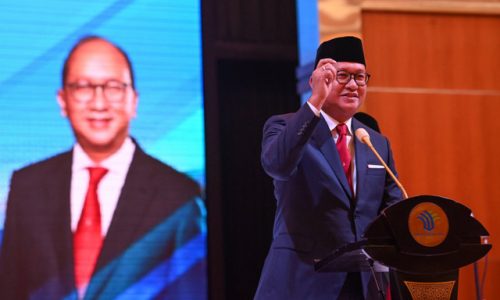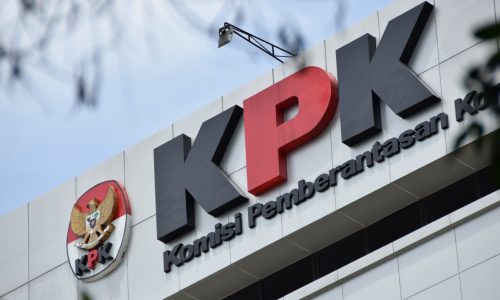Controversy over the planned increase in the Value Added Tax (VAT) rate from 11 percent to 12 percent which will take effect starting January 1, 2025 heightens, with political parties blaming each other for differences in position towards the government’s policy
Chairman of Finance, Monetary, and Financial Services Sector Commission XI of the House of Representatives(DPR), Mukhamad Misbakhun, appreciated President Prabowo Subianto’s measure in carrying out the mandate of Law No. 7/2021 on Harmonization of Tax Regulations (UU HPP).
According to Misbakhun, as a president elected by the people, Prabowo is obliged to carry out the Constitution and laws with full responsibility.
“President Prabowo Subianto government’s policyregarding the VAT increase to 12 percent has clear directions,” the Golkar Party politician said in a statement as quoted on Monday, December 23, 2024.
He added that the VAT increase according to the HPP Law only applies to certain goods, especially those included in the luxury goods category. He praised President Prabowo’s moderate political approach that equally pay attention to the aspirations of the people and the business world amidst an economic situation that requires incentives.
“Golkar Party supports every political measure taken by President Prabowo to implement the law. Orderly and constitutional governance are our main principles,” he said.
Misbakhun regretted the attitude of the Indonesian Democratic Party of Struggle (PDI-P) which is now asking for a review of the policy. According to him, PDI-P was previously involved in the deliberation of the HPP Law as the chairman of the Working Committee (Panja) for the HPP Bill through its cadre, Dolfie Othniel Frederic Palit.
Previously, Deputy Chairperson of the Gerindra Party, Rahayu Saraswati Djojohadikusumo, criticized the attitude of PDI-P which is now questioning the increase in Value Added Tax (VAT) to 12 percent. According to her, PDI-P previously played a major role in the discussion of the Draft Law on Harmonization of Tax Regulations (RUU HPP) which mandated the policy.
“In fact, at that time they were the Chair of the Working Committee for the Bill which mandated the VAT increaseto 12 percent. If they reject it, why didn’t they do so when they were the chair of the working committee?” Saraswati said as quoted by Kompas, on Saturday, December 21, 2024.
PDI-P Chairman of Internal Affairs, Deddy Sitorus, denied the allegations that his party rejected the VAT increase, citing that PDI-P only asked the government to review the implementation of the policy by considering the economic conditions of the people.
“We ask the government to review whether it is appropriate to implement this policy next year when the economic conditions are not good,” Deddy said in a written statement.
He emphasized that the request was not a form of rejection to President Prabowo government’s policy. PDI-P, said Deddy, actually wanted to ensure that this policy would not cause new problems at the beginning of the administration.
“If the government is sure that this policy will not cause misery to the people, please continue. However, our job is to ensure that the economic conditions of the people remain a concern,” he said.
In the process of discussing the RUU HPP, the majority of factions in the House, including PDI-P, approved the draft law. Dolfie O.F.P., a representative of the PDI-P who was also involved in the Working Committee of the HPP Bill, explained that the approval was based on the presidential letter and the decision of the leadership of the House of Representatives on June 22, 2021.
Dolfie cited that the discussion of the HPP Bill was carried out by Commission XI of the House of Representative together with the government. Eight factions approved the HPP Bill, namely PDI-P, Golkar, Gerindra, Nasdem, the National Awakening Party (PKB), the Democratic Party, the National Mandate Party (PAN), and the United Development Party (PPP). The only faction that rejected it was the Prosperous Justice Party (PKS).
PKS rejected the HPP Bill because it considered that increasing the VAT rate to 12 percent would be counterproductive to the national economic recovery process. In addition, PKS also disagreed with the voluntary disclosure program of taxpayer assets (tax amnesty) which was also regulated in the law.
Dolfie said further that PDI-P’s approval of the HPP Bill was based on protection for micro, small, and medium enterprises (MSMEs). In addition, basic necessities, education services, health services, land transportation, and financial services remain exempt from VAT.
“This bill takes into account the aspirations of MSMEs while remaining committed to protecting the basic needs of the community,” he said.



